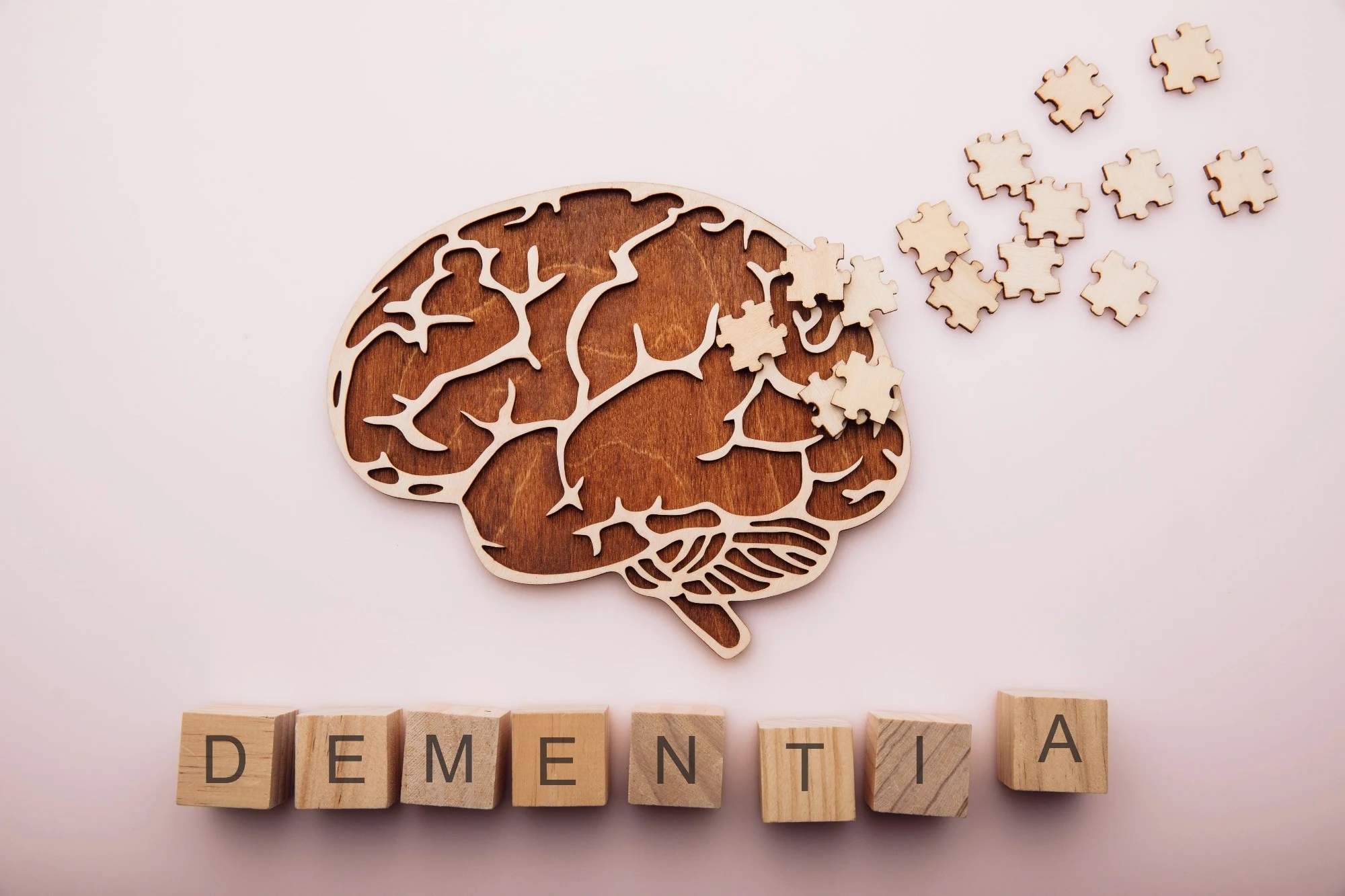A comprehensive new study overturns the long-held belief that light drinking is good for brain health, finding that any level of alcohol consumption proportionally increases the risk of dementia.

October 5, 2025

Source:
Getty Images via CNN
Study Overturns Belief in "Safe" Drinking
A major new study has found that any amount of alcohol consumption increases the risk of dementia, directly challenging the widely held belief that light to moderate drinking might be beneficial for brain health. The research, drawing on data from nearly 560,000 individuals, found no safe threshold for alcohol intake.
Published in BMJ Evidence Based Medicine, the study reveals a steady, proportional relationship between alcohol and dementia. The more a person drinks, the higher their risk.
“Our study findings support a detrimental effect of all types of alcohol consumption on dementia risk, with no evidence supporting the previously suggested protective effect of moderate drinking,” stated lead author Anya Topiwala of the University of Oxford.
Keep up with the story. Subscribe to the PR+ free daily newsletter

Source:
http://News-Medical.net
The Science Behind the Findings
Previous research often pointed to a "U-shaped curve," suggesting both non-drinkers and heavy drinkers had higher dementia rates than light drinkers. However, this new study corrects for critical flaws in that data.
Debunking the Myth
The supposed protective effect was likely due to "reverse causation," where individuals with early cognitive decline naturally reduce their alcohol consumption. This created the false impression that light drinking was protective, when it was actually a symptom of an underlying issue.
Genetic Analysis Confirms Risk
By incorporating genetic analysis through Mendelian randomization, researchers established a clearer cause-and-effect relationship. The data showed:
Every additional 1–3 alcoholic drinks per week raises dementia risk by 15%.
Individuals with a diagnosed Alcohol Use Disorder (AUD) face a 51% greater risk of dementia than light drinkers.
Doubling the genetic risk for alcohol dependence increases dementia risk by 16%.
As noted in clinical commentary, these multi-method findings provide the most robust evidence to date on the topic, according to psychiatrist.com.
Read More

Source:
ScienceDaily
Share this news:




















